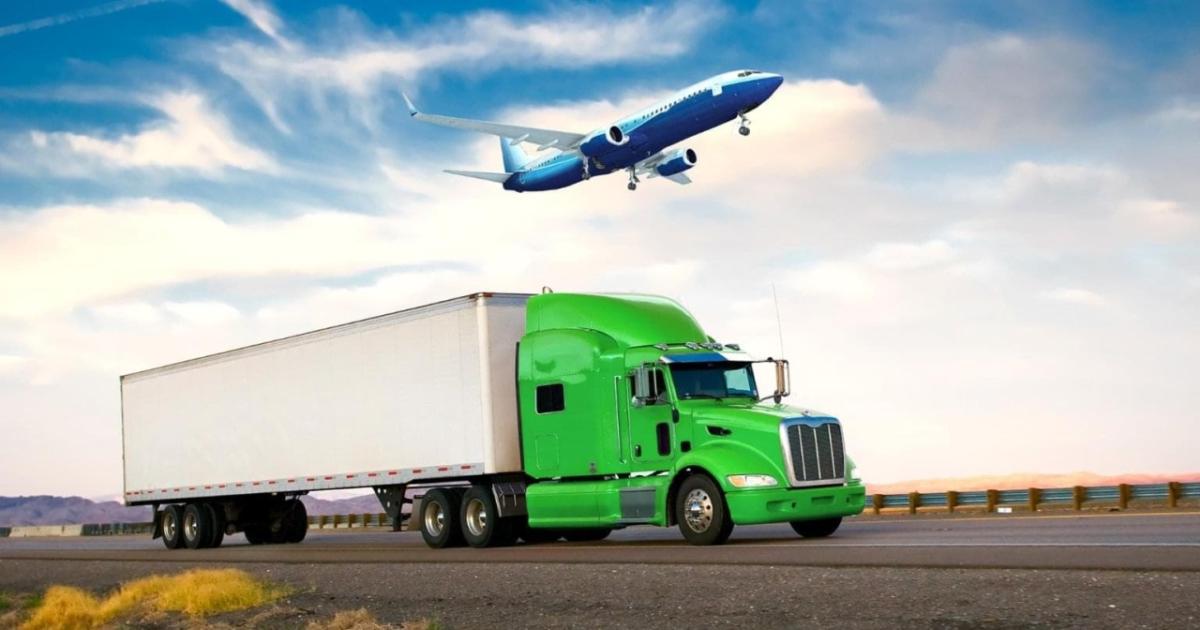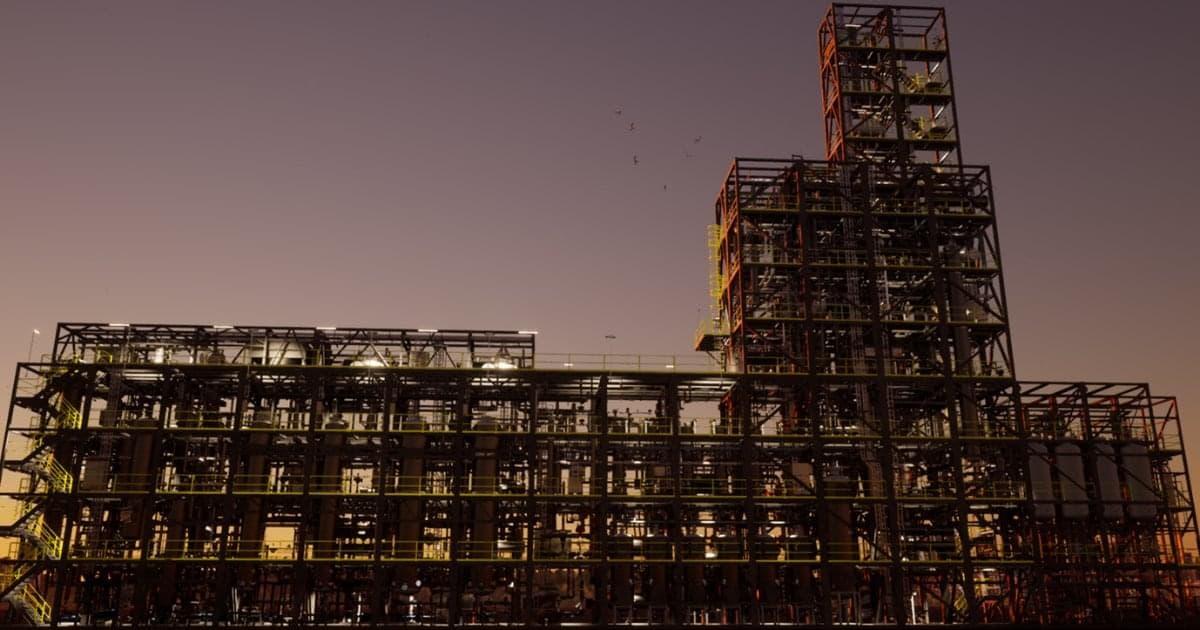LanzaJet Gains Altitude With Significant Project Funding
The future of sustainable aviation fuel (SAF) is even more poised for take-off thanks to a $50 million US grant from Breakthrough Energy.
Originally published on November 16, 2022
Founded by Bill Gates in 2015, Breakthrough Energy recently announced it will grant its first Catalyst project funding to LanzaJet’s Freedom Pines Fuels SAF plant in Soperton, Georgia.
Andrea Decore, Vice President, Low Carbon Fuels and GHG Offsets at Suncor, says the Breakthrough Energy announcement is big news. “The award came after a rigorous review by Breakthrough Energy, so it’s a real vote of confidence for LanzaJet, its SAF technology, and Suncor’s investment.”
Breakthrough Energy Catalyst brings together corporate and philanthropic organizations to advance potential technologies by funding first-of-a-kind commercial-scale projects. It focuses on four key areas for Catalyst funding, one of which is SAF.
In 2020, Suncor invested in LanzaJet’s alcohol-to-jet (ATJ) SAF technology and their Freedom Pines Fuels SAF commercial demonstration facility. Japan-based Mitsui & Co. and LanzaTech were also early investors, with British Airways and Shell following. The Freedom Pines Fuels plant has also received funding from the U.S. Department of Energy and the Microsoft Climate Innovation Fund.
Projected to be operational at the end of 2023, LanzaJet’s Freedom Pines Fuels project is the firm’s first commercial-scale SAF plant and will be the first in the world to produce ATJ SAF, which has the potential to lower emissions by at least 70 per cent compared to fossil jet fuel. Once fully operational, the plant will play a critical role in scaling SAF production and bringing lower-cost sustainable fuels to market.
Andrea points out that, “Aviation accounts for approximately two to three per cent of global greenhouse gas emissions annually. As a ‘drop-in’ fuel, SAF can be blended up to 50 per cent with conventional jet fuel and offers an important way to quickly decarbonize aviation with existing aircraft in use around the world.”
The LanzaJet process can use any source of sustainable ethanol for SAF production, including ethanol produced from municipal solid waste, agricultural residues, industrial off-gases and biomass.
The demonstration facility is expected to produce nine million gallons of SAF and one million gallons of renewable diesel annually, roughly doubling current SAF production in the U.S. To put that into perspective, the facility is projected to produce enough SAF to fuel more than 1,300 Boeing 737-800 jets per year.
Construction of the Freedom Pines Fuels project is underway with completed modules due to ship to the site near Savannah, Georgia before the end of 2022.




